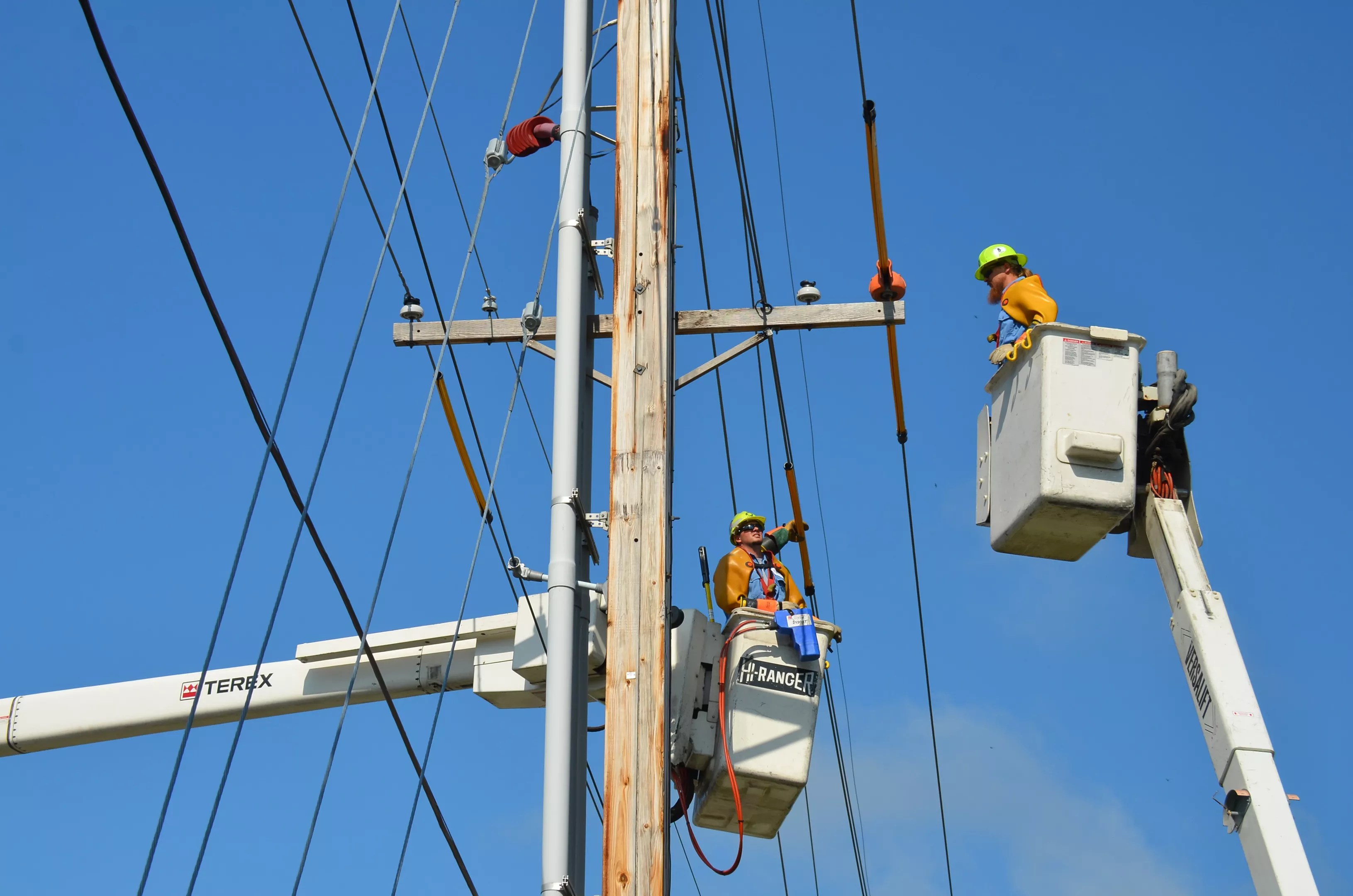
American Public Power Association

Audio By Carbonatix
The Colorado Public Utilities Commission won’t be taking action on Xcel Energy’s alleged “1 percent con.”
Grassroots consumer protection group Citizens Against Utility Abuse (CAUA) had filed a complaint with the PUC on February 22, claiming that Xcel unfairly allocates 1 percent of the amount paid by customers who live in areas where the utilities provider does not have a franchise agreement to a fund that can only be used by cities with franchise agreements.
Xcel denies that charge, saying that only those who pay franchise fees on their bills pay into that fund. And now the PUC has declined to take action on the complaint at this time.
“I believe the best opportunity to request that the Commission address this issue would be during a PSCo Phase I electric rate case,” Eric Haglund, senior economist for fixed utilities with the PUC, wrote in response to the CAUC’s filing. PSCo refers to Public Service Company of Colorado, the name Xcel goes by in this state.
Xcel’s most recent electric rate case was last fall, when the PUC approved a $96 million rate increase for electricity, averaging about $4 more per month on the average residential bill.
“Unfortunately, PSCo does not currently have an electric rate case before the Commission and I am unable to tell you when such a case may come along because PSCo files them at their own discretion,” Haglund continued.
CAUA isn’t happy with that response; it contends that millions of dollars could be improperly placed in the fund and making money for Xcel in the meantime.
For those who live in areas with franchise agreements, such as Denver, 1 percent of their monthly bill goes into a fund that is used to move overhead power lines underground. But in places where there is no franchise agreement, such as unincorporated county areas, that 1 percent sits in a fund collecting interest for Xcel, according to the CAUA’s complaint.
The group had asked the PUC to find out how many people are affected and to reimburse those who’d paid into the fund when they weren’t required to.
The allocation isn’t listed on bills; according to the complaint, it’s part of the General Rate Schedule Adjustment category, which adjusts for the latest Xcel rate case. That rate is paid by commercial customers rather than residential customers.
“It is clear that non-franchise agreement area customers are being charged this fee, because the GRSA rate does not vary between a franchised city customer’s bills and the bills of an unincorporated county customer,” the complaint says.
According to Xcel spokesperson Michelle Aguayo, though, the 1 percent allotment gives places with franchise agreements the ability to determine which distribution lines they want to go underground. It is not part of bills for residential customers in unincorporated areas, as it factors in as part of the 3 percent franchise fees calculated at the end of each bill, according to Xcel.
“We do have an annual budget to maintain these lines, and we spread the work across all the areas we serve in Colorado, regardless of a franchise agreement,” Aguayo says. “Customers who don’t reside in a city or town with a franchise don’t pay the franchise fee on electric and gas on their bill.”
Xcel serves 210 communities in the state and has franchise agreements with 126; CAUA claims the other 84 communities are being charged incorrectly. Despite Xcel insisting that this isn’t the case, the group still wants the PUC to look into the fee.
“There needs to be an investigation by the Public Utilities Commission to make sure that the money is being spent where the money is collected and that Xcel is looking after its consumers and not its shareholders,” says Jefferson County Treasurer Jerry DiTullio, who supports the complaint.
After the PUC announced it would not be launching an investigation, the CAUA issued a statement saying that making the group wait for public comment puts Xcel in control of whether it is investigated or not. It also said it will examine taking action through other legal avenues.
Though it isn’t investigating, the PUC is paying attention. “We appreciate CAUA bringing this forward,” it says in a statement to Westword. “We are working to better understand the background on this issue and ensure CAUA has their voice heard.”
Brad Evans, who famously founded Denver FUGLY and is the executive director of CAUA, definitely wants the group to be heard. CAUA is concerned about Colorado’s cost of living, and he sees this as one more example of fees people shouldn’t have to pay in order to live here.
“I guess at this point my question is whether or not the PUC is a consumer advocate or lapdog for the industry,” Evans says. “I’m leaning toward the latter.”